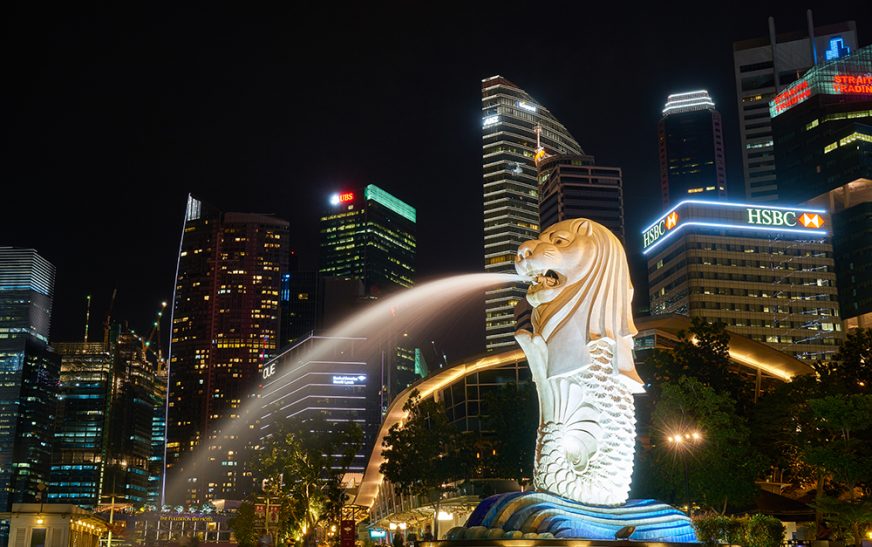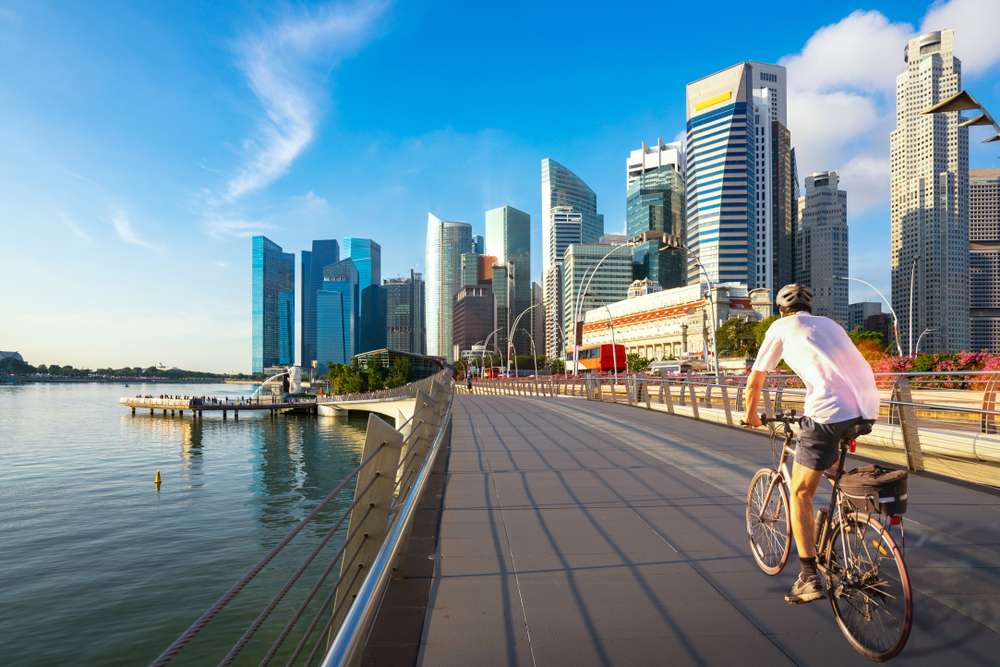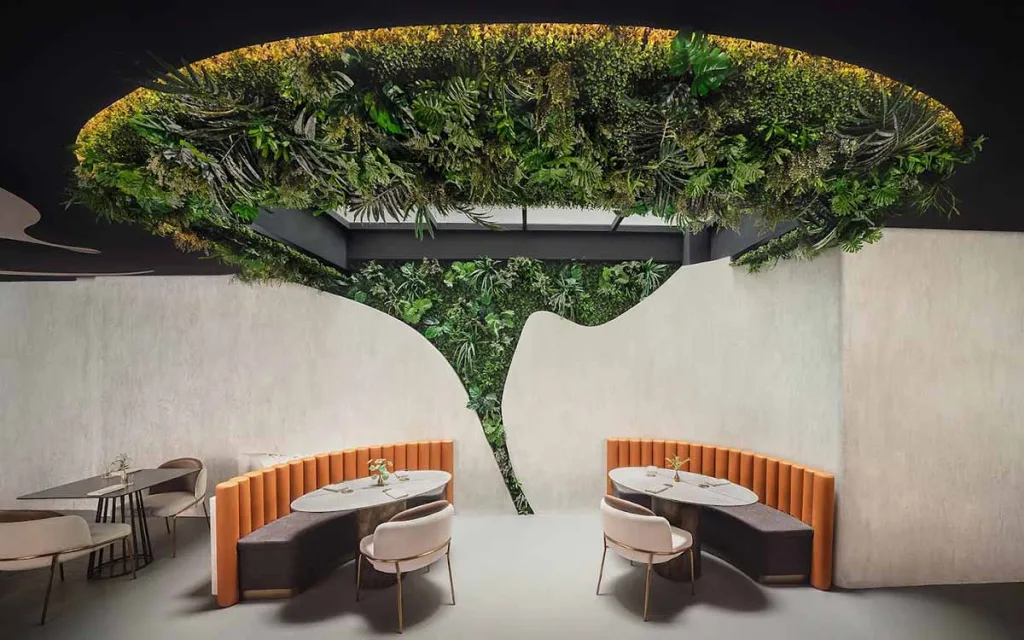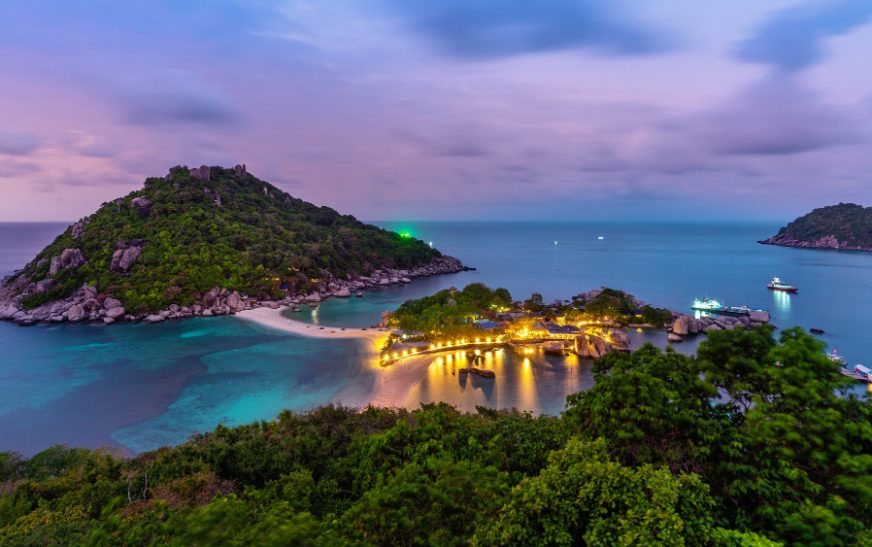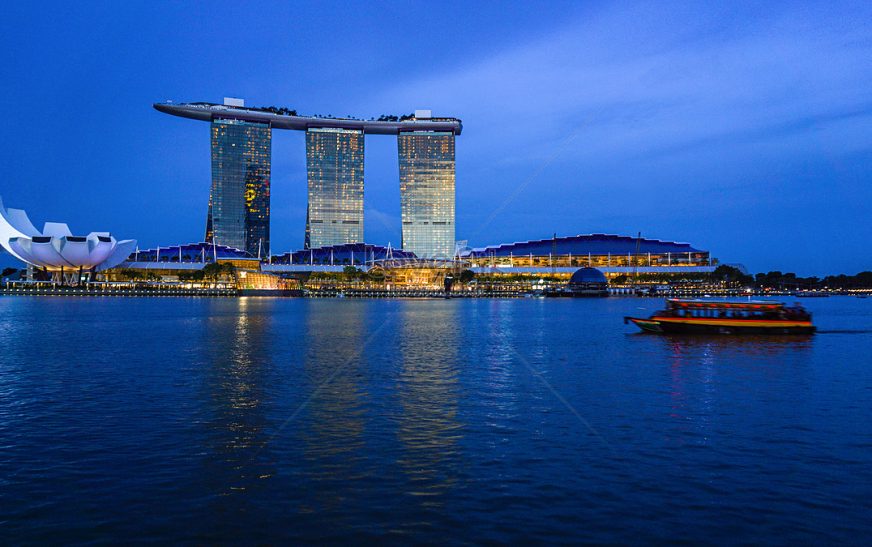Singapore is a fascinating place, known for its blend of tradition and modernity, a booming economy, and impressive global influence. However, one of the most interesting things about Singapore is its status as both a city and a country. In this article, we’ll dive into “Singapore Which Country City” to explore why this place stands out in the world and uncover ten fascinating facts that make Singapore unique. Let’s begin with an overview of how Singapore’s unusual identity has shaped it into a standout nation-city on the world stage.
Singapore Which Country City: The Unique City-State Status
Singapore, often referred to as a “city-state,” is one of the few places in the world where a single city encompasses the entire nation. The concept of a city-state is not new, with historical examples like Ancient Athens and Renaissance Venice. However, Singapore is unique for being a city-state in modern times, a rarity that shapes its global identity.
Singapore Which Country City Defined by Its City Limits
Unlike other countries that are made up of multiple cities, Singapore’s borders encompass just one primary city. This unusual structure means that city administration and national governance are intertwined, streamlining services, resources, and policies for greater efficiency.
Singapore Which Country City as Asia’s Economic Powerhouse
Singapore may be small, but it’s a major economic powerhouse. Known for its strategic location on global trade routes, it has become a hub for international finance, shipping, and technology. This unique standing as both a city and a country allows Singapore to focus its resources on economic growth, making it one of the wealthiest cities in the world.
Singapore Which Country City and Its Dense Population
With a population of over 5.5 million people packed into just 733 square kilometres, Singapore ranks as one of the most densely populated places globally. Despite its limited land area, Singapore maximises its space with innovative urban planning, including high-rise residential buildings, green spaces, and an efficient public transit system that keeps the city running smoothly.
Singapore’s Own Unique National Identity
The question “Singapore Which Country City?” arises often because Singapore’s identity as a nation is uniquely intertwined with its city status. Singaporeans pride themselves on being part of a tightly-knit, multicultural society that bridges the East and the West. The result is a vibrant culture with diverse influences from Chinese, Malay, Indian, and Western traditions.
Efficient Governance in a City-Nation
Singapore’s city-state status allows for efficient governance, where policies can be enacted quickly without the bureaucratic challenges often found in larger nations. This streamlined approach is particularly evident in Singapore’s public health, transportation, and housing policies, which are admired globally for their effectiveness.
A Green City in a Garden
Known as the “Garden City,” Singapore is committed to sustainable living despite its urban nature. Singapore’s green initiatives, such as rooftop gardens, vertical forests, and extensive parks, have earned it global recognition as one of the most eco-friendly cities. The integration of greenery is a deliberate choice that promotes a healthy environment, balancing urban development with nature.
A Leading Global Financial Center
One of the most captivating aspects of “Singapore Which Country City” is its status as a global financial hub. Singapore is home to some of the world’s largest financial institutions and hosts one of the busiest ports globally. This financial stability attracts multinational corporations, investors, and entrepreneurs, further fueling its economy and international influence.
The Only Country with Its Own Sovereign Wealth Funds
Singapore stands out for having two sovereign wealth funds: Temasek Holdings and GIC (Government of Singapore Investment Corporation). These funds are dedicated to investing in global markets to secure Singapore’s financial future. Few countries have similar financial infrastructure, showcasing Singapore’s proactive approach to economic stability and resilience.
Top in Global Quality of Life and Safety Rankings
Singapore is celebrated for its high quality of life, cleanliness, and low crime rate. The city-country’s governance and cultural values contribute to a safe, well-maintained environment where residents and visitors feel secure. This reputation for safety makes Singapore a top choice for expats, tourists, and investors alike.
Conclusion
In conclusion, Singapore stands as a testament to how a small city-state can make a global impact. Its unique position as both a city and a country enables efficient governance, a strong economy, and a high quality of life. By understanding “Singapore Which Country City,” we gain insight into the factors that make this place a truly exceptional destination. As you explore more of Singapore’s history, culture, and innovation, you’ll find even more reasons why it’s one of the world’s most captivating places.
FAQs
1. Why is Singapore known as “Singapore which country city”?
Singapore is unique because it operates as both a city and an independent country, often referred to as a city-state. This structure allows for streamlined governance and efficient administration.
2. How did “Singapore which country city” develop its city-state status?
Singapore gained independence in 1965, and due to its small size and single primary city, it adopted the city-state model, functioning as both a city and a nation.
3. What makes “Singapore which country city” a global economic hub?
Singapore’s strategic location, stable government, and robust economy contribute to its standing as a leading financial centre, attracting investors worldwide.
4. Why is “Singapore which country city” famous for its cleanliness and safety?
Singapore is known for strict laws that maintain cleanliness and low crime rates, creating a safe, clean environment for residents and visitors alike.
5. How does “Singapore which country city” balance modernity with tradition?
Singapore preserves cultural heritage through traditional neighbourhoods and festivals, while embracing modernization in areas like architecture, technology, and infrastructure.
Also read: Buriram Thailand: 10 Best Hotels for a Comfortable Stay

